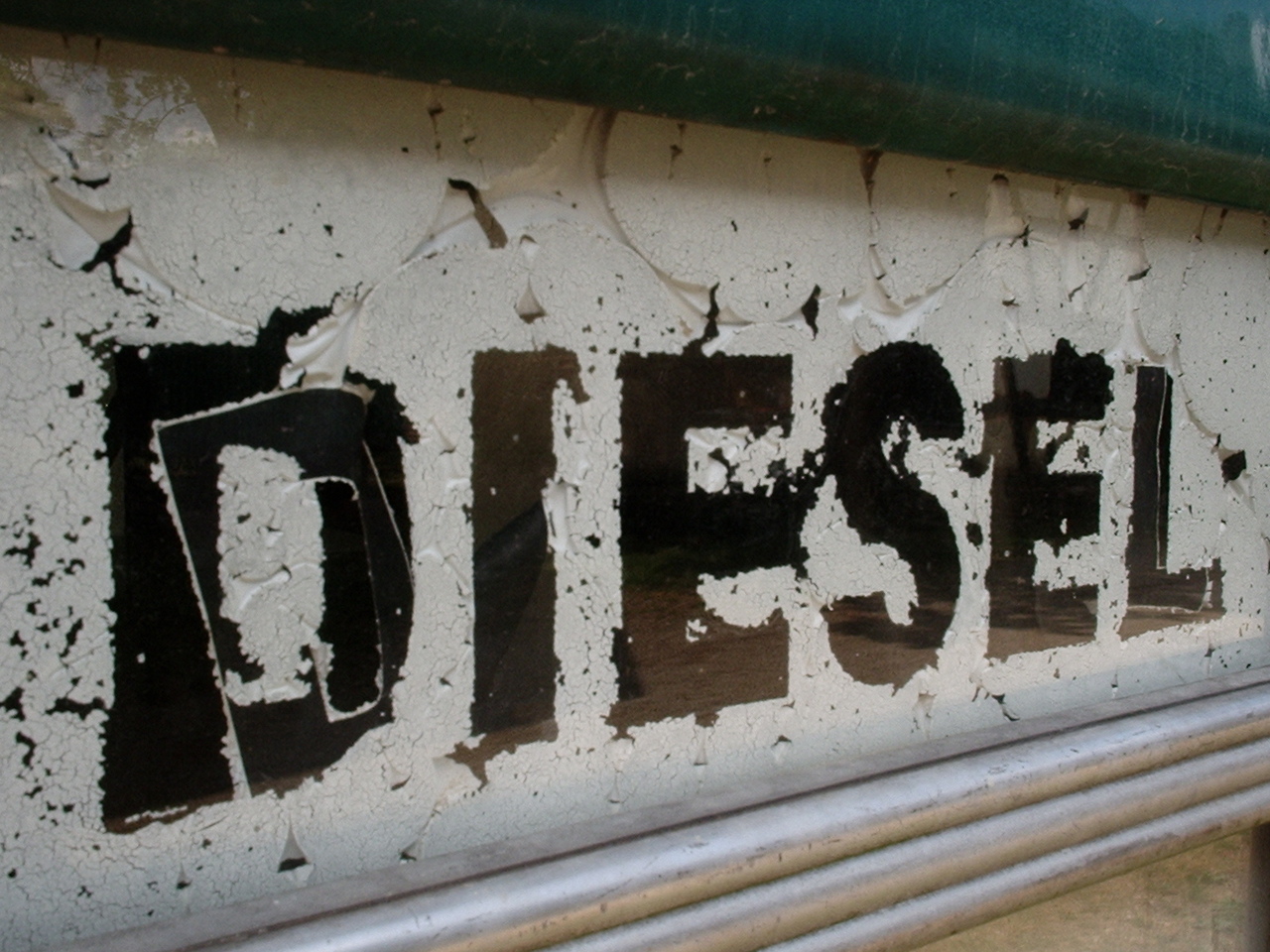
Diesel’s annus horribilis
More carmakers say they are slowing down or have stopped production of diesel vehicles than are planning to continue making them, according to the latest research by T&E. It comes after a terrible 2019 for diesels, the worst year since 2001.
Interested in this kind of news?
Receive them directly in your inbox. Delivered once a week.
Diesel cars enjoyed a surge in support following the 1997 Kyoto protocol which established fighting climate change as the main environmental challenge. Diesels were around 20% more fuel efficient than petrol cars at the time, while petrol cars emitted fewer air pollutants. But, over the past 10-15 years, petrol cars have become more fuel-efficient, while promises by carmakers to clean up diesels were spectacularly exposed as a fraud in the Dieselgate scandal that broke in 2015. While the scandal started with US regulators exposing cheating of NOx emissions tests by Volkswagen, it quickly spread globally to affect almost every carmaker and every market in which diesel cars are sold.
Since Dieselgate, and with stricter emissions limits having come into force, governments have started abolishing tax incentives that favour diesel, and cities with air pollution problems have begun banning certain diesel cars from using inner city roads.
The result has been a decline in diesel’s popularity among car buyers. According to a new survey, in France, Germany and Italy, only 12% of respondents overall thought diesel cars were best for the environment, compared to petrol or electric cars. And polling for Eurobarometer suggests that 64% of Europeans think car manufacturers do not do enough for air quality, up from 53% in 2012, and 71% say air quality has deteriorated in their home country.
That has led to sales of diesel cars hitting their lowest level in 2019 since 2001, with diesels making up barely 30% of total new car sales in the EU.
T&E’s air quality manager Jens Müller said: ‘It’s been the worst year in nearly two decades for diesel, and the outlook remains grim for the technology, with more legal actions and product recalls on the horizon. That is good news for air quality. Carmakers who are refusing to recognise the way the wind is blowing should follow their Japanese counterparts and draw a line under a fundamentally dirty technology and embrace clean cars fit for the next decade.’
Carlos Tavares, chief executive of the recently-merged PSA and Fiat Chrysler groups, which are responsible for Peugeot, Citroën, Opel and Fiat, recently admitted in an interview with the Financial Times that he had told his technicians two years ago that diesel was ‘dead’, despite diesel being central to the company’s new vehicle fleet at the time.
